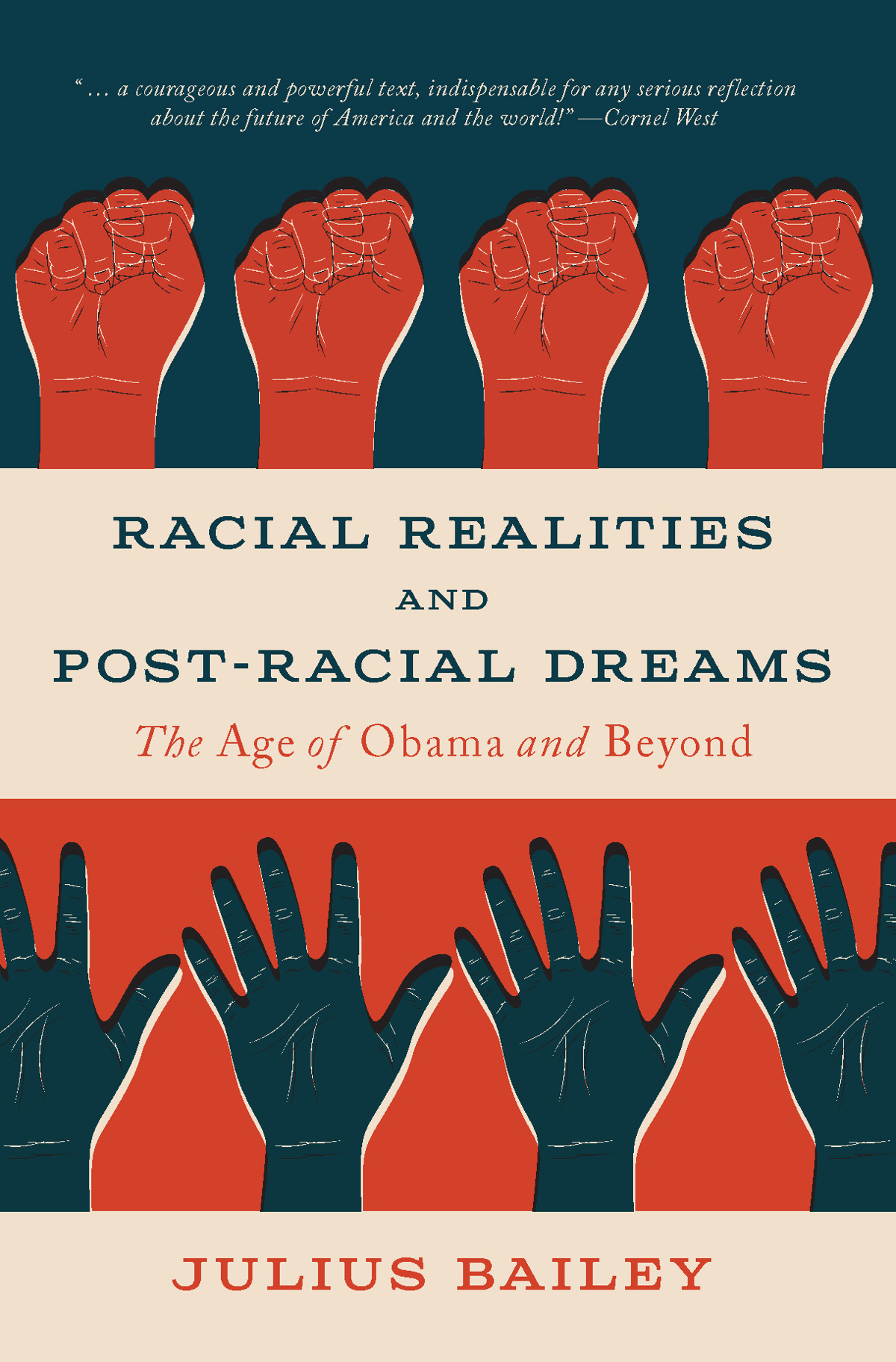What’s the Difference with “Difference”?Posted in Communications/Media Studies, Live Events, Media Archive, United States on 2016-01-09 20:48Z by Steven |
What’s the Difference with “Difference”?
University of Washington
Kane Hall, Room 120
4069 Spokane Lane
Seattle, Washington 98105
2016-01-14, 19:30 PST (Local Time)
Ralina L. Joseph, Associate Professor
Department of Communication
(also adjunct associate professor in the Departments of American Ethnic Studies and Gender, Women, and Sexuality Studies)
University of Washington
Language is power. The words we use and the names we say count, both individually and institutionally. This is particularly true when it comes to minoritized, identity-based nomenclature, such as the language of a racialized and gendered naming. The movement from “colored” to “negro” to “black” to “African-American” signifies important historical shifts in the state and community-naming processes. In other words, the words we use matter in terms of how we assess, frame, and ultimately understand difference.
But what about the naming of “difference” itself? Difference is a term that late 20th and early 21st century scholars of race, gender, and sexuality have claimed and yet left largely untheorized. We use the word difference almost reflexively. Difference replaces—or rather revises—diversity, multiculturalism, or a long-connected string of descriptors such as race, gender, sexuality, class, nationality, and ability. But what does this shift in language mean and why is it significant for the ways in which we assess, inhabit, and perhaps even change our world? Does a change to “difference” lead to a change in identity and inequality?
Registration opens December 2015.
You do not need to be an alum of the University of Washington to attend or register.
For more information, click here.


